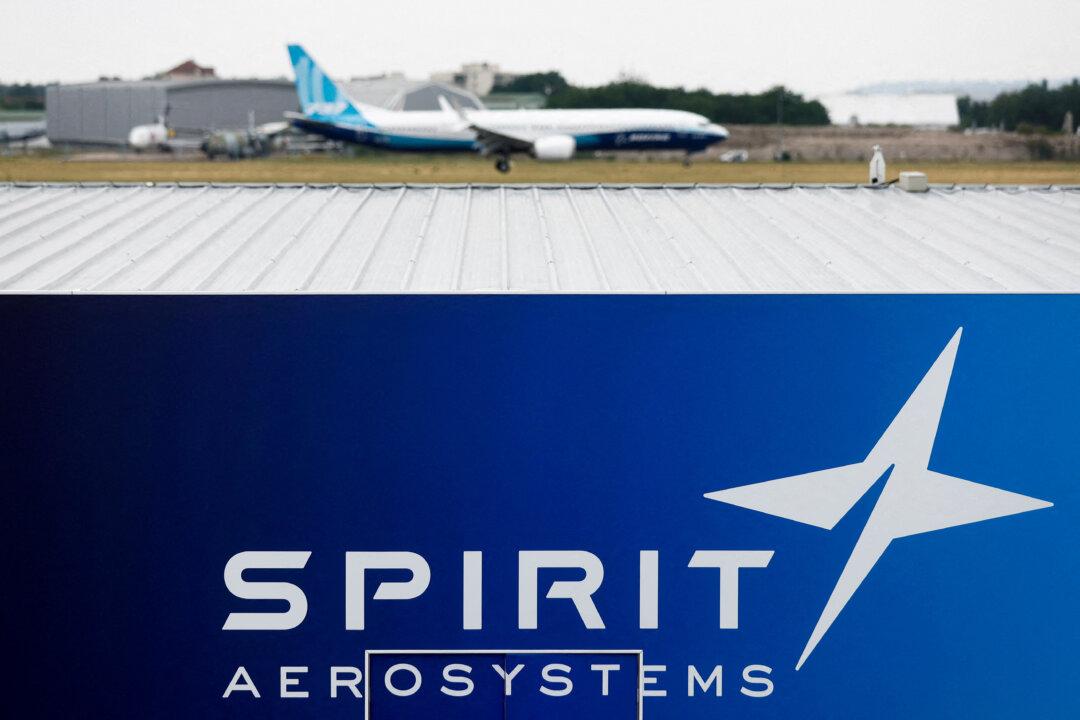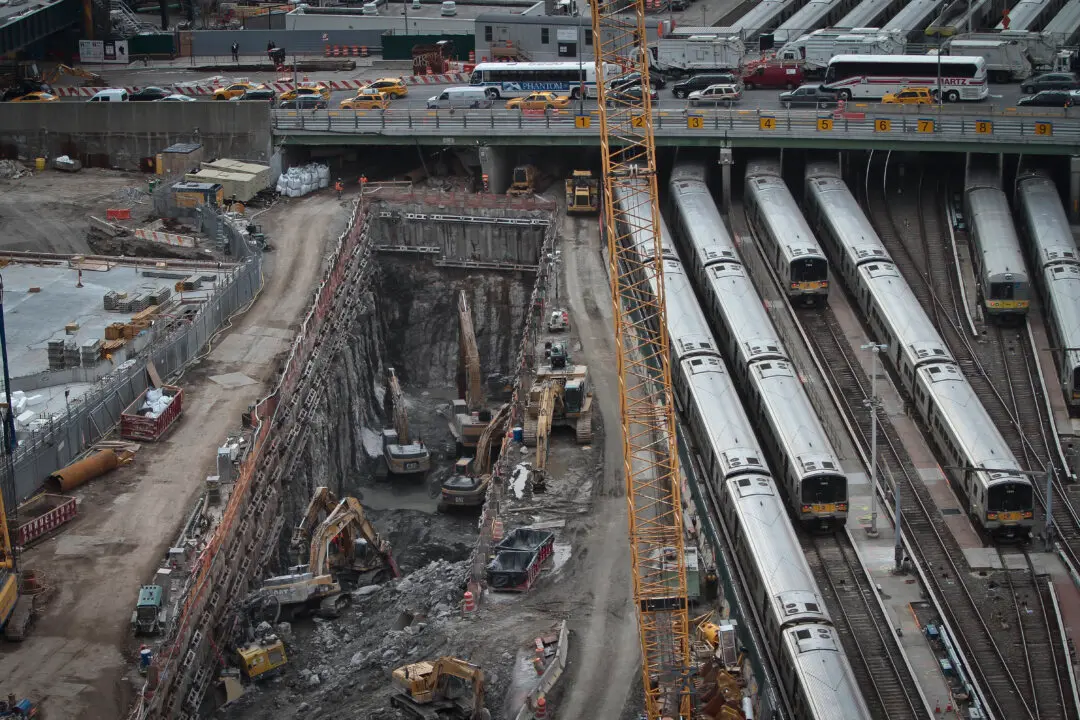A former quality auditor at a Boeing supplier died suddenly this week after struggling with a “sudden, fast-spreading infection,” the Seattle Times reported on May 1.
Joshua “Josh” Dean, a Spirit AeroSystems employee who was one of the first to allege his company had ignored manufacturing defects on Boeing’s 737 MAX aircraft, died at 45 years old on Tuesday, a family member confirmed to the outlet.





